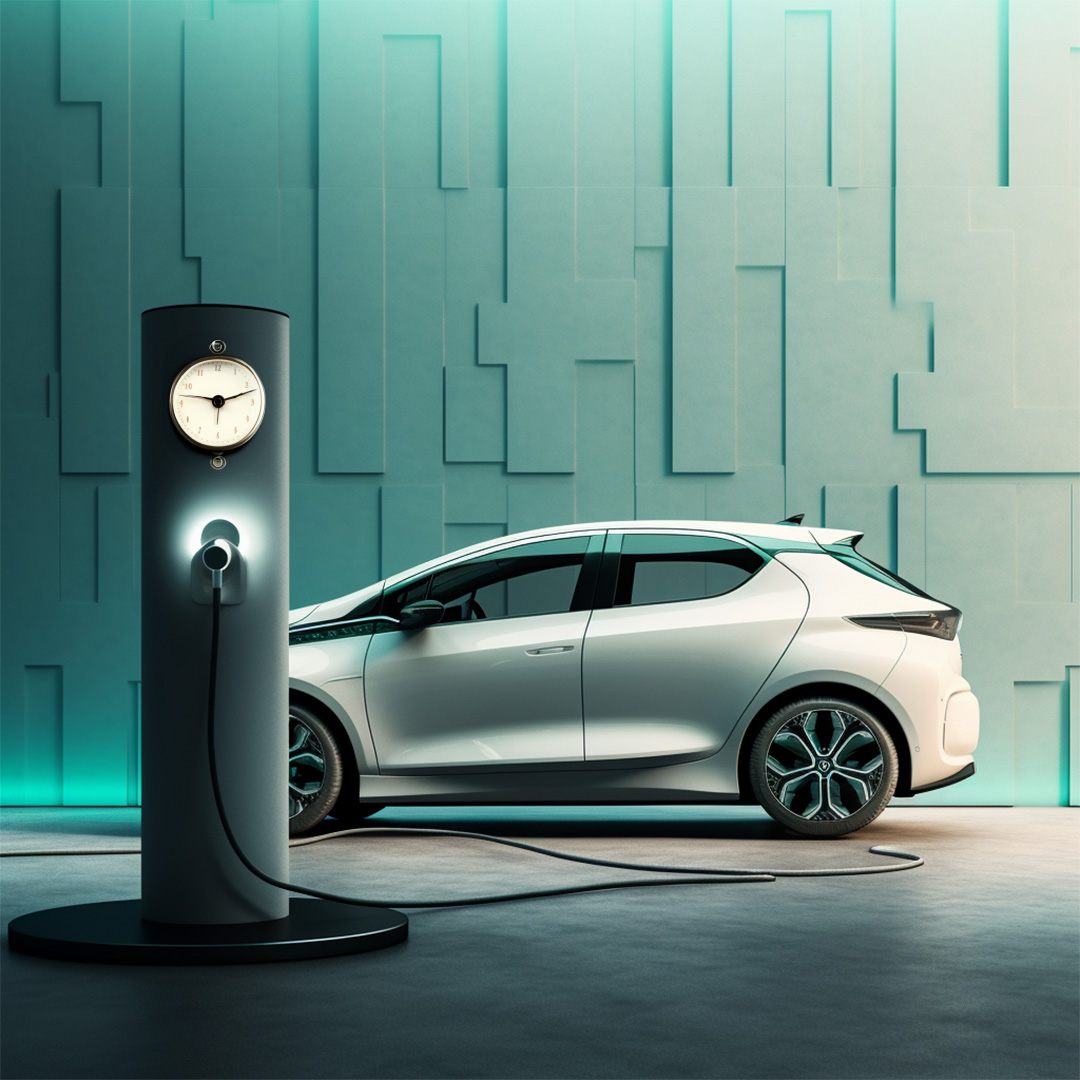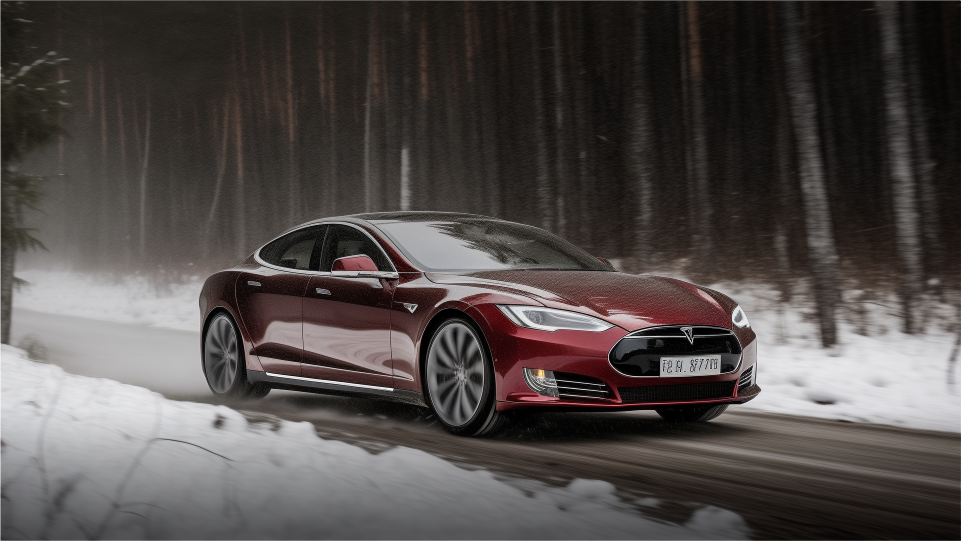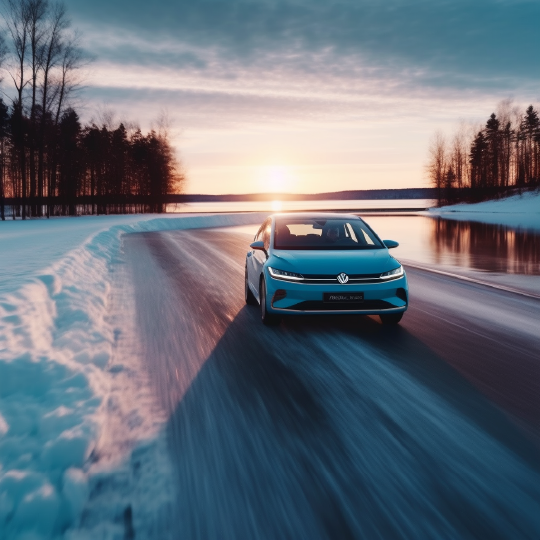As the winter months approach, with their cold days and icy nights, it's important for electric vehicle (EV) owners and potential buyers to understand how cold weather can affect their driving experience. In this blog, we explore the impact of cold weather on electric driving and offer practical tips to face the challenges it brings.
The effect of cold on battery performance
The heart of every EV is the battery, and like many technologies, cold weather can affect battery performance. At low temperatures, the chemical reaction within lithium-ion batteries, which power most EVs, can slow down. This can lead to reduced energy efficiency and a shorter range. It's not uncommon for EV drivers to experience a 20% to 40% decrease in their vehicle range during cold winter months.
Heating and energy consumption
Another aspect that contributes to reduced range in the winter is energy consumption for heating. Unlike traditional cars, which can use engine heat to warm the cabin, EVs must draw extra energy from the battery for heating. This increases the vehicle's total energy consumption, resulting in faster battery depletion.
Tips for efficient electric driving in winter
Preheating while connected: An effective way to save energy is to preheat your EV while it's still connected to the charger. This means the battery isn't used for heating, allowing you to depart with a fully charged battery.
Use of eco-mode: Many EVs have an eco-mode that optimizes energy consumption. Using this mode can help maximize the range. Regular battery maintenance: Ensure your battery is well maintained. This includes checking the battery status and charging regularly.
Limit the use of auxiliary tools: Limit the use of energy-intensive tools such as seat heating and rear window heating.
Driving at a constant speed: Try to drive at a constant speed to minimize energy consumption.
The importance of good tires
Winter tires are not only important for safety but can also improve the efficiency of your EV. They provide better grip and stability in cold conditions, which can help reduce energy consumption. Charging in winter Cold weather can also affect the charging process. It may take longer to charge your EV at low temperatures. Therefore, plan extra time for charging and consider a home charging station for convenience and efficiency.
Conclusion
While cold weather brings certain challenges for electric driving, these can be well managed with the right knowledge and preparation. By being aware of the impact of low temperatures on your EV and making some simple adjustments in your driving and charging habits, you can also enjoy the benefits of electric driving in winter. With the ongoing advancements in EV technology and battery efficiency, electric driving is increasingly adapted to all weather conditions.





